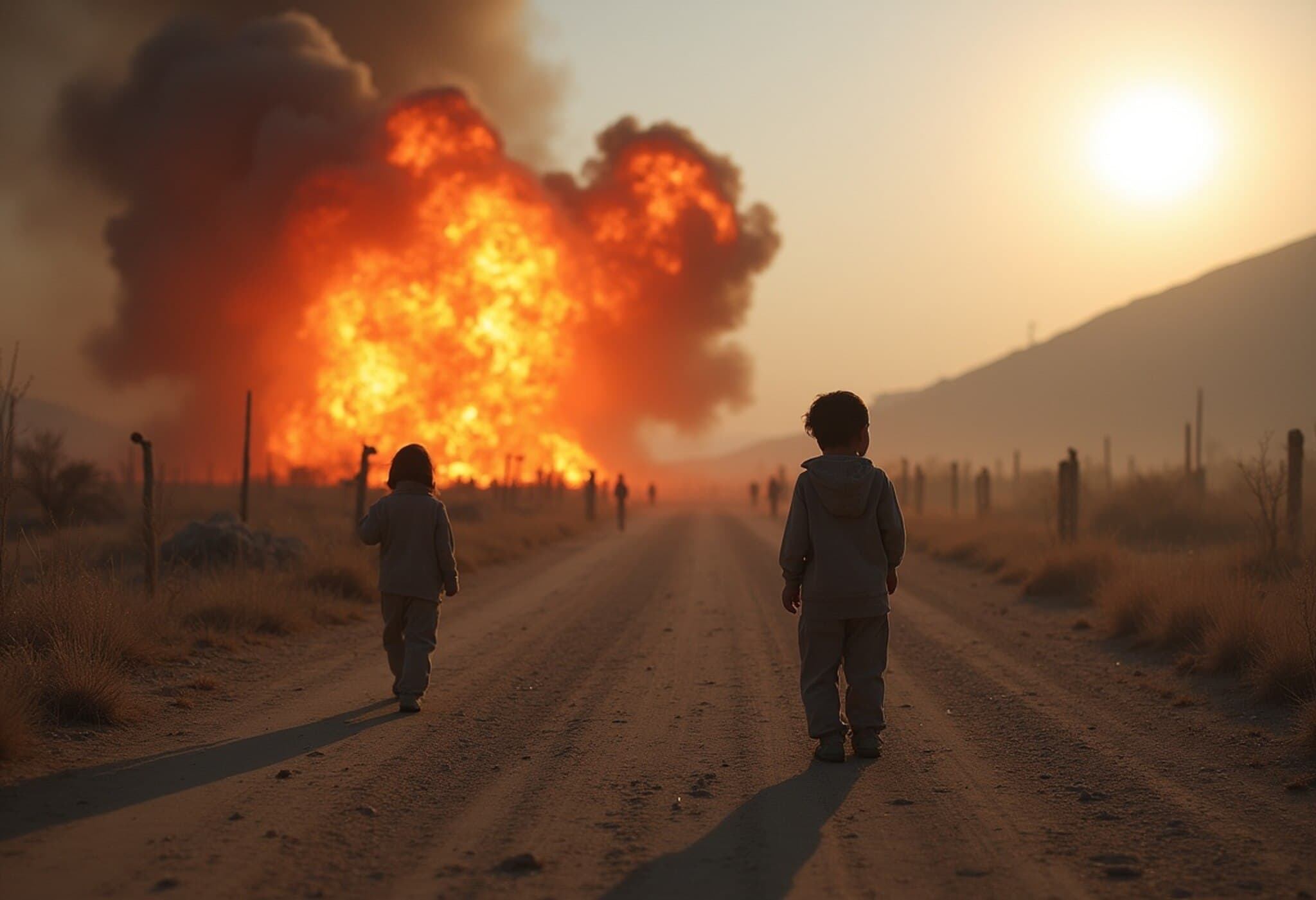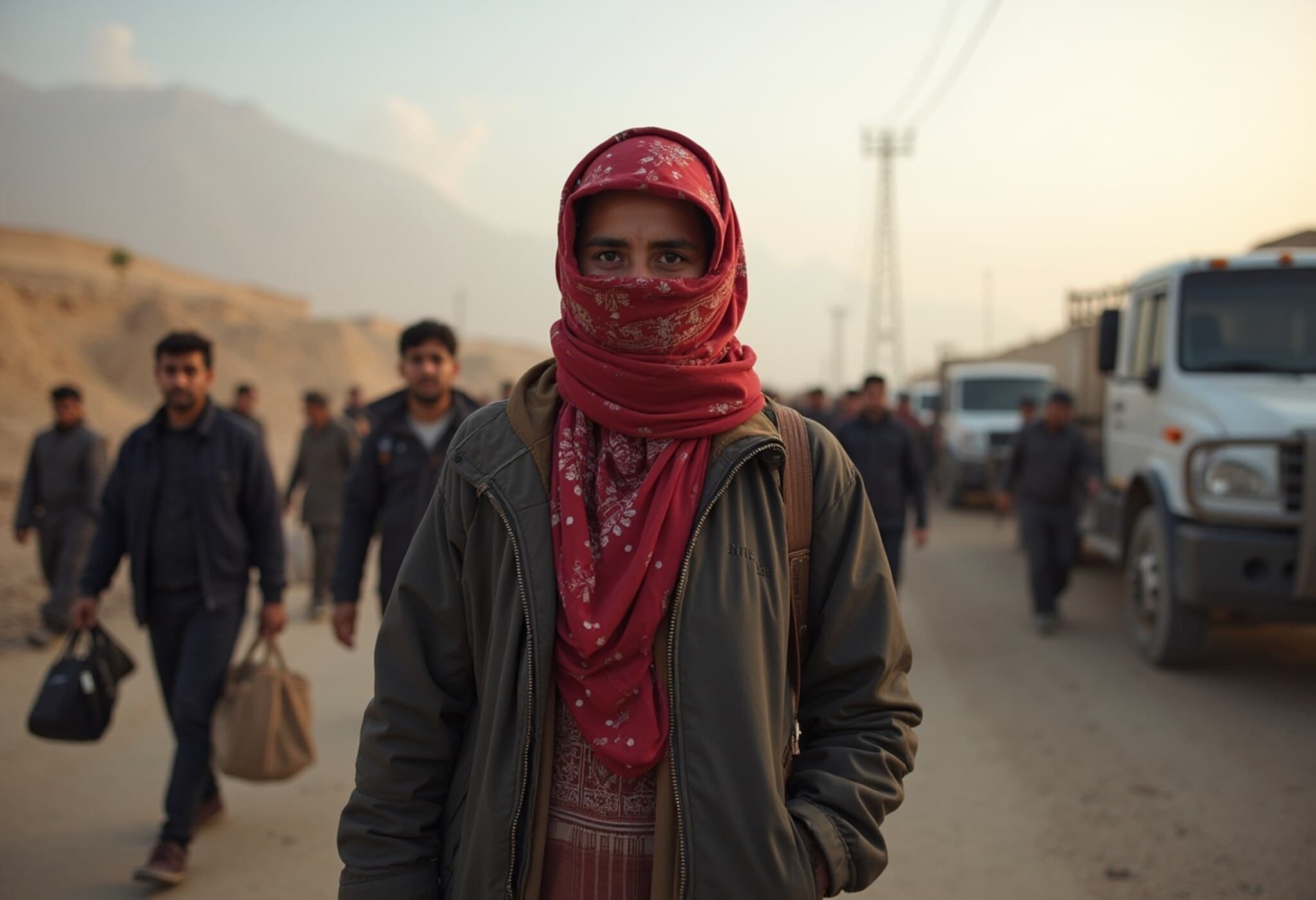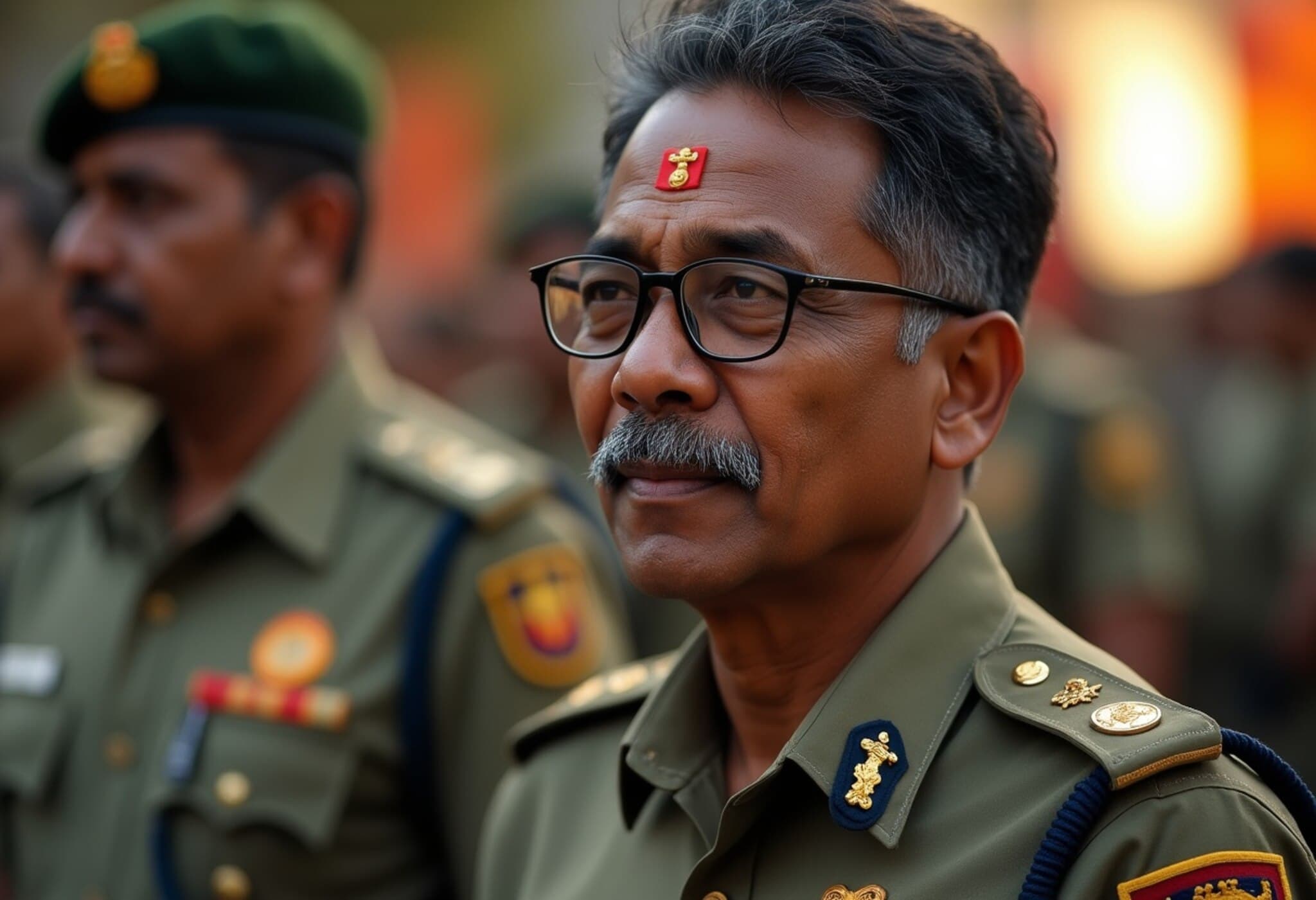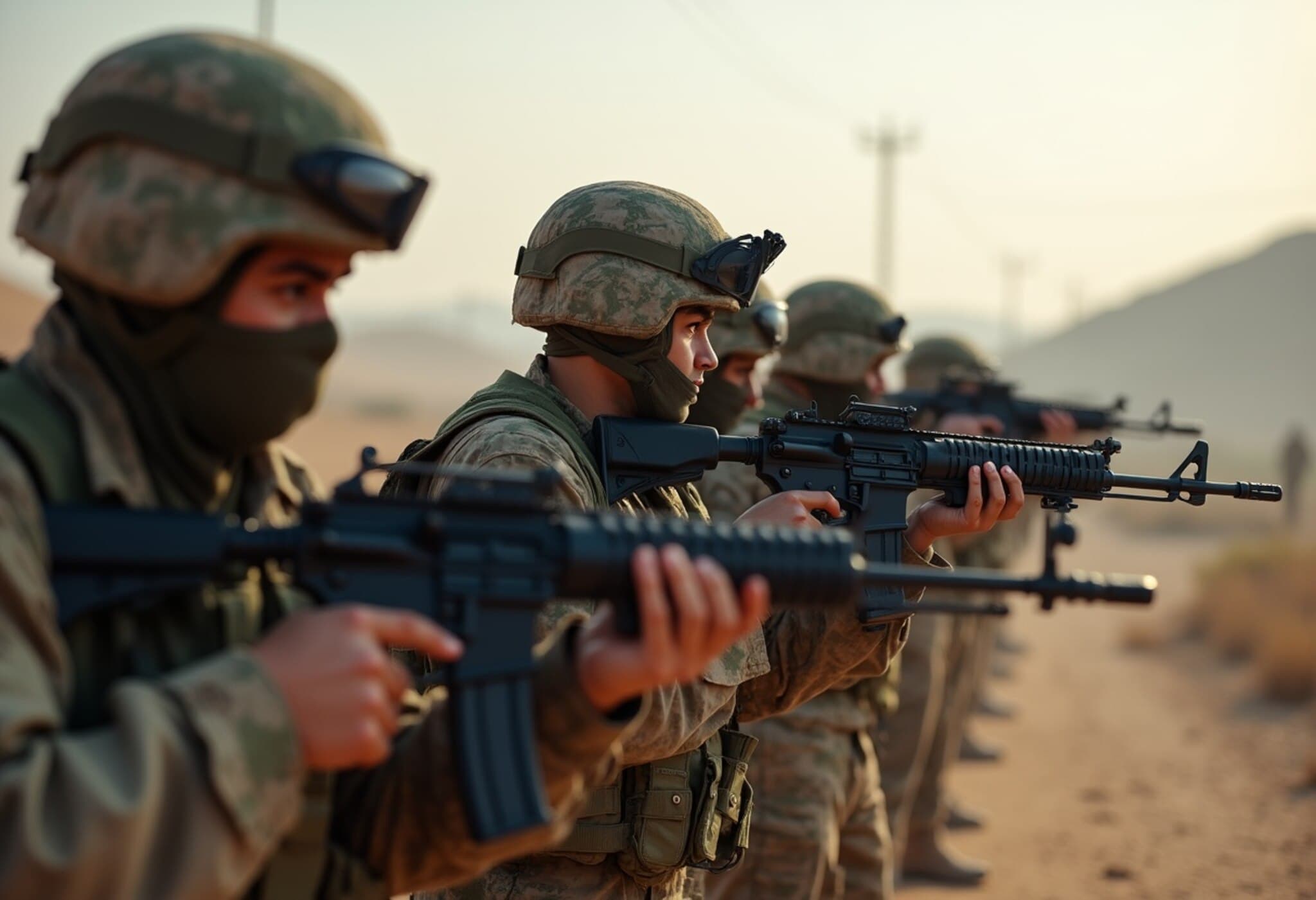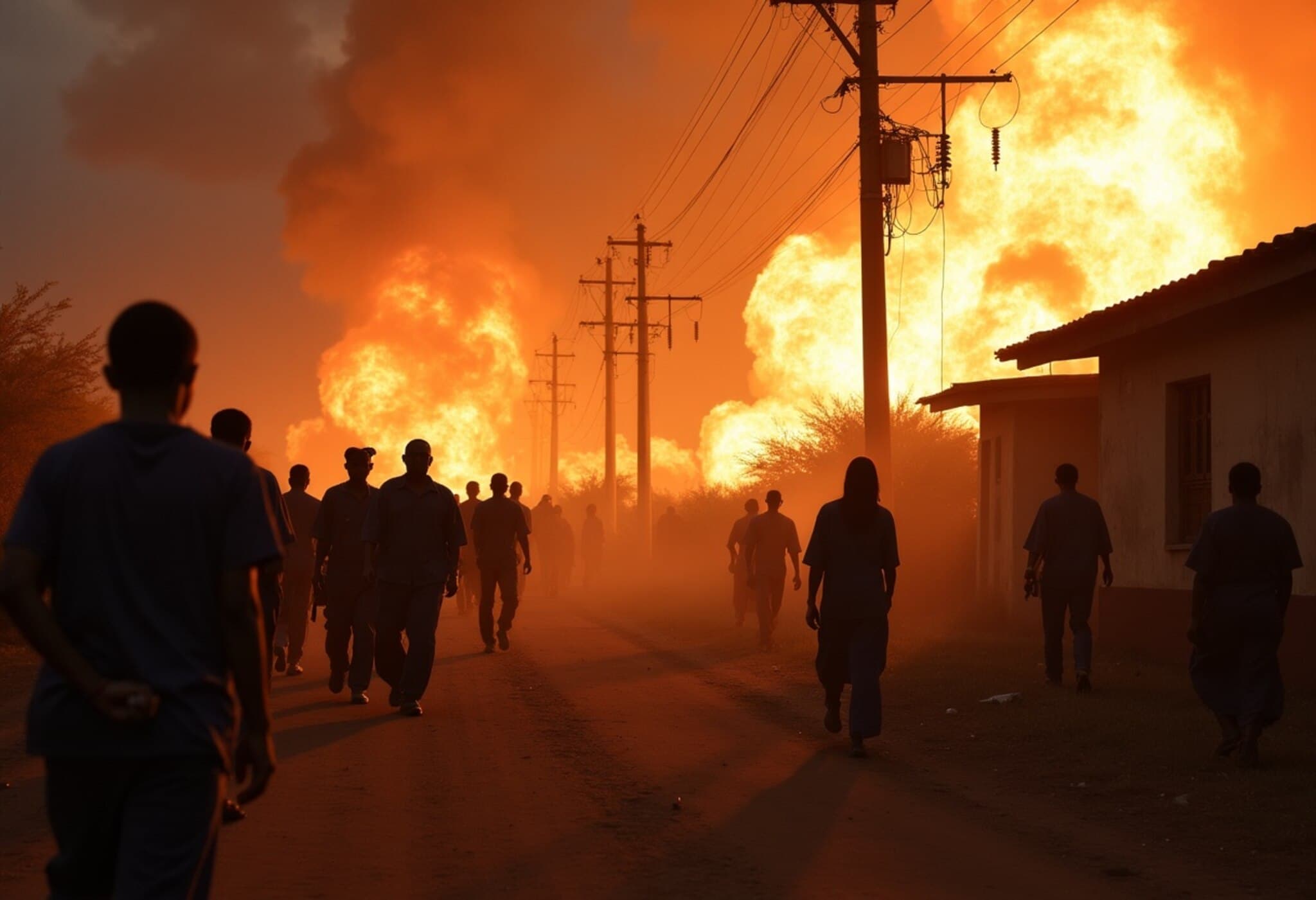Tragic Shell Explosion in Khyber Pakhtunkhwa Claims Lives of Five Children
In a heartbreaking incident that has sent shockwaves through Pakistan’s Khyber Pakhtunkhwa province, an old mortar shell exploded in Lakki Marwat district on Saturday, claiming the lives of five children and leaving twelve others injured, several critically.
How the Accident Unfolded
The group of children discovered the unexploded mortar shell while playing near the hills surrounding their village. Unaware of the deadly nature of the artifact, they brought it back home. The shell detonated during their play, leading to the catastrophic explosion.
Emergency Response and Hospitalization
Emergency responders hurried to the scene following the blast and swiftly transported the injured and deceased to the City Hospital in Lakki Marwat. Hospital officials confirmed that the majority of those wounded are children with varying degrees of injuries, and several remain in critical condition.
Community Impact and Underlying Concerns
The explosion has stirred deep fear and anxiety across local communities, who continue to live with the harsh legacy of conflict in the region. Unexploded ordnances (UXOs) like mortar shells remain a lethal hazard, especially in areas that have experienced prolonged military operations or insurgency.
Expert Commentary: The Hidden Perils of Unexploded Ordnance
Experts warn that UXOs present a persistent threat, especially to children who often mistake them for toys or curiosities. In Pakistan’s northwestern territories, decades of conflict have left behind scattered remnants of war, complicating everyday life and public safety.
According to security analysts, effective demining operations and public awareness campaigns are critical to mitigating such tragedies. Moreover, regional authorities face the challenge of allocating sufficient resources to detect, remove, and safely dispose of these hazards.
What This Means for Policy and Safety Measures
- Enhanced UXO Clearance: Accelerating clearance programs in vulnerable areas could prevent future casualties.
- Community Education: Educating villagers, especially children, about the dangers of unexploded munitions is vital.
- Cross-Border Cooperation: Given the region’s complex security landscape, collaboration between agencies at federal and provincial levels is essential.
A Global Perspective
This tragic incident echoes similar dangers present in many post-conflict zones worldwide, from Afghanistan to Africa. It underscores an ongoing global humanitarian issue that often receives insufficient attention despite the devastating human toll.
Editor’s Note
The deaths of these children are a somber reminder of the invisible dangers that linger long after active conflict has subsided. As communities mourn, it is imperative for policymakers and humanitarian actors to prioritize unexploded ordnance removal and awareness, turning tragedy into the impetus for lasting safety measures. How can international support be mobilized more effectively to protect vulnerable populations in conflict-prone areas? This question remains critical as we reflect on the human cost behind headline statistics.

